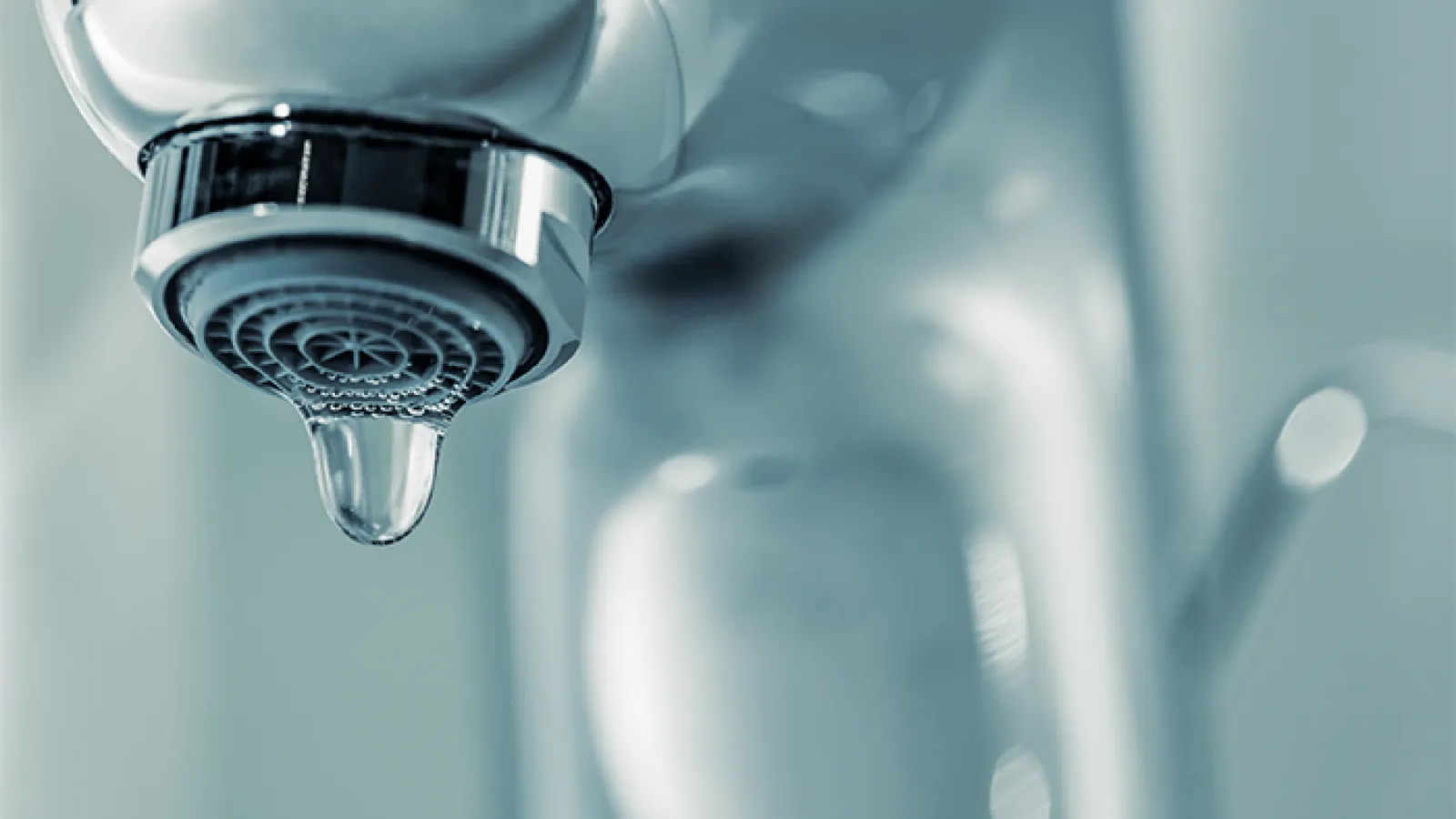Going green means decreasing your environmental impact and energy use in the home, and eco-friendly plumbing upgrades are one of the best ways to do that.
Upfront costs of eco-friendly plumbing upgrades often pay for themselves in terms of long-term savings on water and energy bills. Let’s examine some of the most effective eco-friendly upgrades:.
Water Heaters
Water and energy savings are among the primary drivers behind eco-friendly plumbing fixtures being chosen by homeowners. By conserving resources like water in drought states like California while helping lower utility bills, these fixtures help homeowners conserve both resources. They can also improve curb appeal and speed up sales.
As well as using low-flow showerheads and faucets, other eco-friendly options include insulating pipes and installing water-efficient washers and dishwashers that use less water per cycle and reduce energy use through shorter wash cycles and reduced ice production.
One simple way to go greener is by cutting back on household water usage. You can do this by taking shorter showers, washing laundry with cold water and draining your water heater annually to flush away sediment build-up. Furthermore, quickly fixing leaks will further decrease wasteful consumption.
Low-Flow Toilets
Since Joseph Adamson invented his siphon-flush toilet, plumbing fixtures have generally been flushed using gravity and atmospheric pressure; water would enter through its bowl and down its serpentine trapway to the sewer system. But since the 1990s came low-flow toilets which reduce how much water is consumed per flush in order to conserve resources and save resources.
These environmentally friendly fixtures save gallons of water each year, and the switch has little impact on lifestyle or budget. Early models suffered from issues including clogging and necessitating multiple flushes for proper functioning.
Manufacturers have modified their designs and increased production to create more energy-efficient toilets, but before investing in one it’s worthwhile considering both installation costs and potential long-term savings.
Leak Detection and Repair
Water leaks can be costly in both time and money. If you suspect an undiagnosed or hidden leak, call in a plumber immediately so as to reduce how much water goes down the drain.
Other eco-friendly plumbing upgrades include whole-house water filters that enhance drinking water quality while prolonging appliance lifespan; pipe insulation which prevents heat loss and saves energy; grey water recycling which uses waste water from showering or laundry to relieve municipal systems of their strain; as well as greywater recycling that repurposes wastewater produced during these activities to decrease strain on municipal systems.
Many eco-friendly plumbing practices not only reduce water waste but also energy usage, leading to significant savings on utility bills. Adopting such upgrades is one way to show commitment to sustainability and contribute to building a brighter future for everyone.
Drain Cleaning
World water resources are finite, so reducing household usage of it is crucial. Low-flow fixtures like faucets and shower heads consume less water for equal usage – saving gallons every day!
Replacing traditional copper pipes with eco-friendly stainless steel ones will allow you to save even more water by using less energy to heat them. Insulating your home’s pipes also helps lower energy consumption and greenhouse gas emissions by preventing heat loss during water transport, thus lowering utility costs and cutting greenhouse emissions.
Clogged drains consume significant energy and water resources to remain clear, which results in higher energy and water bills as well as harmful chemicals being introduced into local bodies of water. Cleaning your drains regularly will prevent them from becoming clogged up as well as ensure they work more effectively than ever.
Rainwater Harvesting
Investment in eco-friendly plumbing upgrades can be an effective way to promote sustainability in your home. Many of these upgrades reduce water and energy usage while leading to cost savings as well.
Reusing greywater for irrigation and other non-potable uses is another great way to conserve water, depending on your state’s laws it could even qualify you for property tax exemption or water conservation credits!
Stainless steel pipes can help save on energy costs, as they reduce leakage and heat loss. Contact Service by Scott today in Henderson to discover all your green plumbing options, so that the future you build combines environmental stewardship with financial responsibility.




